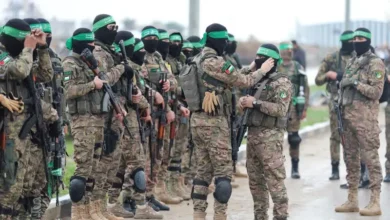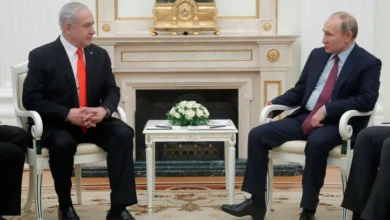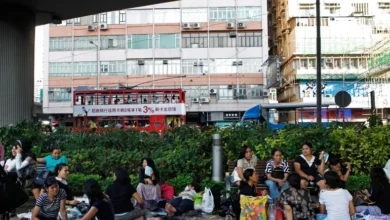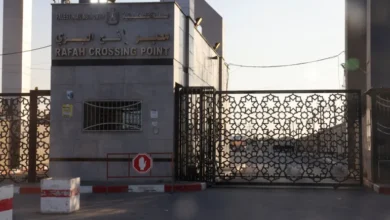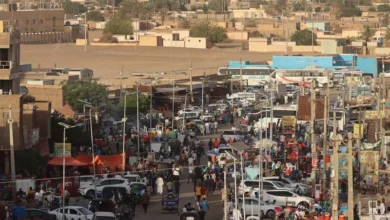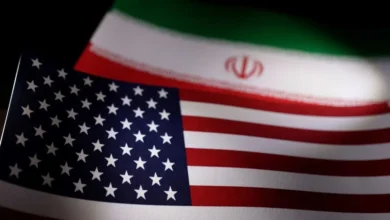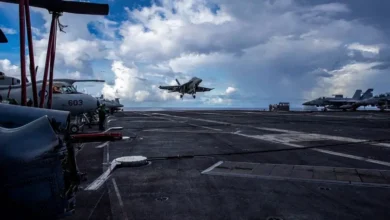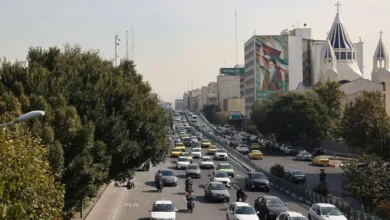Israel army shows aid to Gaza amid accusations of obstruction
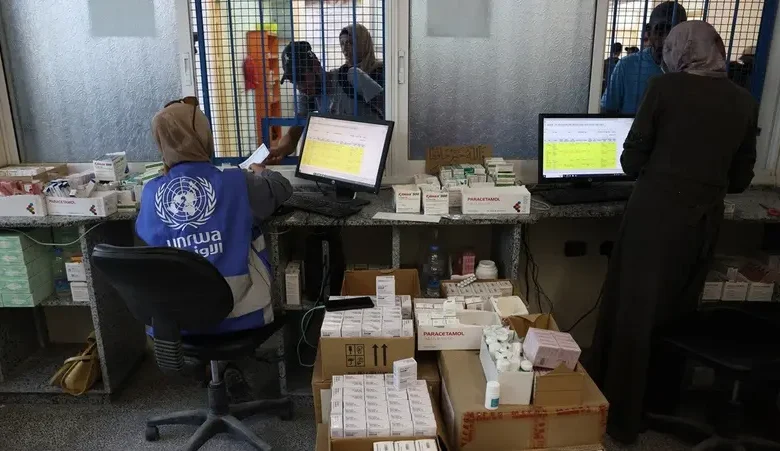
The Israeli army on Thursday showed media around aid arriving in Gaza via a key crossing as Israel faces accusations that it is preventing assistance from reaching the Palestinian territory.
International aid organizations have repeatedly warned of the deteriorating conditions in Gaza, saying civilians are starving and that aid shipments are now lower than at any time since October 2023 when militant group Hamas attacked southern Israel, triggering the war in Gaza.
Israel, which imposed a total siege on the territory in the early stages of the war last year, blames the inability of relief organizations to handle and distribute large quantities of aid.
During the first media visit including AFP to the Gazan side of the Kerem Shalom crossing, the largest for humanitarian aid, journalists saw trucks carrying aid mainly from Egypt, Jordan, the occupied West Bank and Israel itself.
The aid also comes from UNICEF, Rahma Worldwide and the World Food Kitchen. Distribution is organized by international aid agencies who hire local truck drivers.
“Today we have more than 800 truckloads that are waiting for the international community to take them and deliver them to the people inside Gaza,” said Colonel Abdullah Halabi, who heads the Gaza division of COGAT, the Israeli military unit responsible for overseeing humanitarian needs in Gaza.
He said often the goods wait at the Gaza side of Kerem Shalom, the southernmost entry point from Israel, for “months.”
But aid agencies, particularly UNRWA, the UN agency responsible for Palestinian refugees, have accused Israeli authorities of not allowing trucks to enter.
Halabi rejected the claim, saying there was no restriction on the trucks or the amount of aid allowed to enter Gaza.
All aid to Gaza must be inspected by the Israeli military before entering the Palestinian territory.
‘Diminishing survival conditions’
Both Israel and aid agencies have noted widespread looting by armed gangs, as well as desperate civilians.
Additionally, the delivery routes are sometimes blocked by Israeli military activity or fighting with remaining Hamas militants.
The UN also said last week that 333 aid workers had been killed since the start of the war in October, 243 of them UNRWA workers.
COGAT’s international spokesman Shimon Freedman said Israel “always” sought to find solutions, adding that new crossings and routes had been opened.
According to UNRWA’s count, only 65 aid trucks per day had been able to enter Gaza this past month, compared to a pre-war average of 500.
The agency said no UN-mandated trucks made it into northern Gaza, where there has been fierce fighting in recent weeks.
Freedman said, however, that no international aid agency had the full picture of what was happening in terms of aid, adding that there was a wide range of organizations working alongside Israel.
UNRWA said all the attempts it made to deliver aid into northern Gaza had either been “denied” or “impeded” between October 6 and November 25, amid fierce fighting in the area.
“The conditions for survival are diminishing for the 65,000-75,000 people estimated to remain there,” it wrote in a post on X, referring to the situation in north Gaza.
